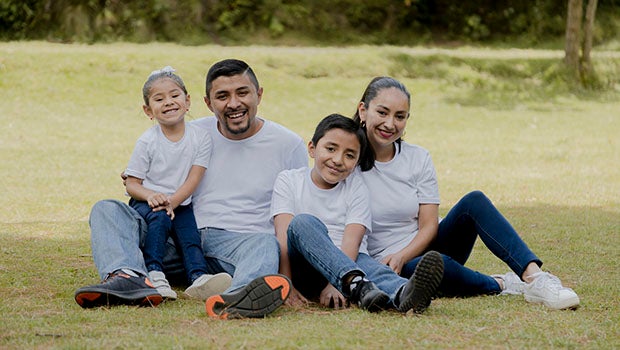Working with Immigrant and Refugee Families
Working with Immigrant and Refugee Families: Spreading and Adapting 2Gen Practices explores and examines the challenges and promising 2Gen working practices used by organizations that serve immigrant and refugee families.
We were initially interested in how the ongoing COVID-19 pandemic shaped current challenges and responses of immigrant-serving organizations, but we also wanted to discover durable and promising 2Gen practices that could be replicable (and therefore valuable) within other organizations. A related goal of the effort was to advance the entire field of service provision by helping organizations that were not yet or only partially implementing a 2Gen approach improve their work with immigrant families.
To discover 2Gen working practices, we first needed to assess organizational challenges and responses. The project team conducted a national survey of immigrant serving organizations, reaching a target audience of over 1,000 through multiple national service organization networks including the National Community Action Partnership, the United Neighborhood Houses, and Welcoming America. The survey netted over 125 complete responses, and analysis revealed positive trends grouped around four major areas: building trust, overcoming language barriers, developing cultural competency, and working through documentation status.
To sharpen the promising 2Gen working practices that organizations use with immigrant families, the project team selected 25 geographically-diverse and reputationally-strong organizations and conducted 90-minute interviews with each one. Nine of these organizations were invited to participate as expert panelists at four webinars that individually covered the four positive area trends mentioned above. You can watch the event recordings below. Webinar speakers also participated as part of the resource team for peer advising and learning session on that same topic, held following the webinar. The learnings from the survey, interviews, topical webinars, and peer advising and learning sessions are gathered in a set of four issue briefs.
Led by the Aspen Institute Community Strategies Group, with the help of the Migration Policy Institute’s National Center on Immigrant Integration Policy (MPI), and Higher Heights Consulting, the project team also received valuable input from Ascend at the Aspen Institute and the project was supported by the Annie E. Casey Foundation.



